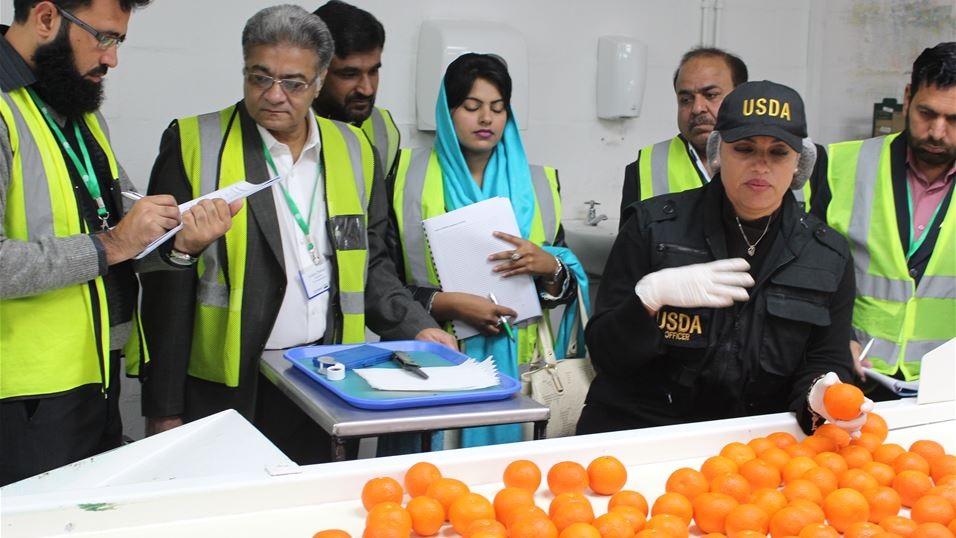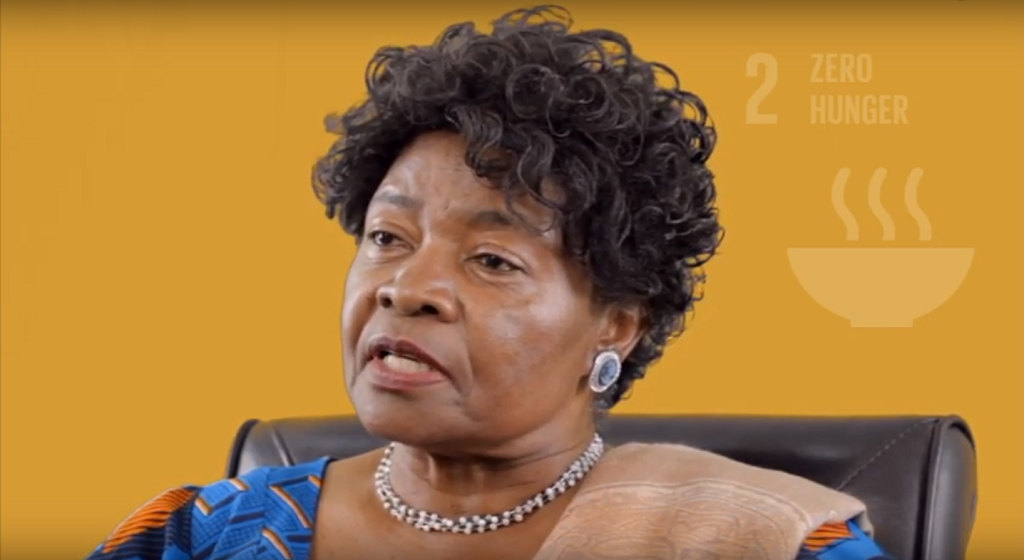How Genetically Modified Organisms (GMOs) Enter the Food Chain in non-GMO Producing Countries
How Genetically Modified Organisms (GMOs) Enter the Food Chain in non-GMO Producing Countries - by Tatjana Brankov A superficial review of the legislation on transgenic foods and feeds indicates that consumers in non-GMO producing countries consume GMO-free food. However, less attention is paid to the fact that GMOs can enter the food chain through the import of transgenic foodstuff and feedstuff or by contamination. In some countries, transgenic food production is fully equal to conventional production. The concept of substantial equivalence, developed by the OECD and further elaborated by FAO/WHO “embodies the concept that if a new food or food component is found to be substantially equivalent to an existing food or food component, it can be treated in the same manner with respect to safety, i.e. the food or food component can be concluded to be as safe as the conventional food or food component” (FAO/WHO 1996). Such a…
Building capacity for greater food security in Pakistan
As part of CABI’s mission to help farmers grow more and lose less, we have been funded by USAID – via the United States Department of Agriculture (USDA) – to help Pakistan improve its sanitary and phytosanitary (SPS) systems and therefore open up its fruit and vegetables to more high-end global markets that were previously untapped. Currently these products only contribute 13% of the country’s export but improvements to its SPS capabilities could see this number rise significantly.
Irrigation facilities to enhance all year seed supply by farmers in central Uganda
Lack of access to quality seed, particularly of traditional crops that are not well integrated into the formal sector, remains a key challenge for increased productivity of these crops in African farming systems. CABI, working with national and regional partners, aims to strengthen seed systems in Africa through developing farmer seed enterprises and linkages to…
Stuffed and starved: is sufficiency the new efficiency?
Attending a recent Chatham House event, one statistic seemed to encapsulate the crisis of our current food system: 795 million eat too little while 2 billion eat too much. After the initial shock of hearing this, I couldn’t help but wonder; if there’s plenty of food to go around why are we simultaneously starving and…
Capitalising on Africa’s agriculture to achieve ‘zero hunger’
CABI board member Professor Ruth Oniang'o talks about winning the 2017 Africa Food Prize and how CABI is working towards helping to achieve the UN Sustainable Development Goal 2: Zero Hunger.
Building a climate-smart value chain: The role of research, development and technology
This is the second of a two-part blog series following my visit to Africa supported by CABI’s development bursary The first blog in this series described the Africa Cassava Agronomy Initiative (ACAI) and how it aims to improve cassava agronomy to increase production and productivity, as well as how ACAI partnerships could build a climate-smart…
Omega oils 3, 6, 7 and 9 – what’s the difference?
Many people are not sure how omega oils feature in their diet and in what quantities they should be consuming them. Considering that many of are not getting even the minimum levels in our diet that are deemed “critical” to health by the World Health Organization (WHO), maybe we should rethink our 'laissez faire' attitude.
CABI’s Good Seed Initiative contributes to seed policy dialogue and review in Tanzania
Photo: Agricultural extension worker of Arumeru district interacting with a seed grower contracted by Alpha seed company in Arusha. Photo credit: Kansiime, CABI CABI’s Good Seed Initiative (GSI) aims to improve the seed systems of small-scale farmers in sub-Saharan Africa and South Asia. A GSI project funded by Irish Aid has been implemented in Tanzania…






